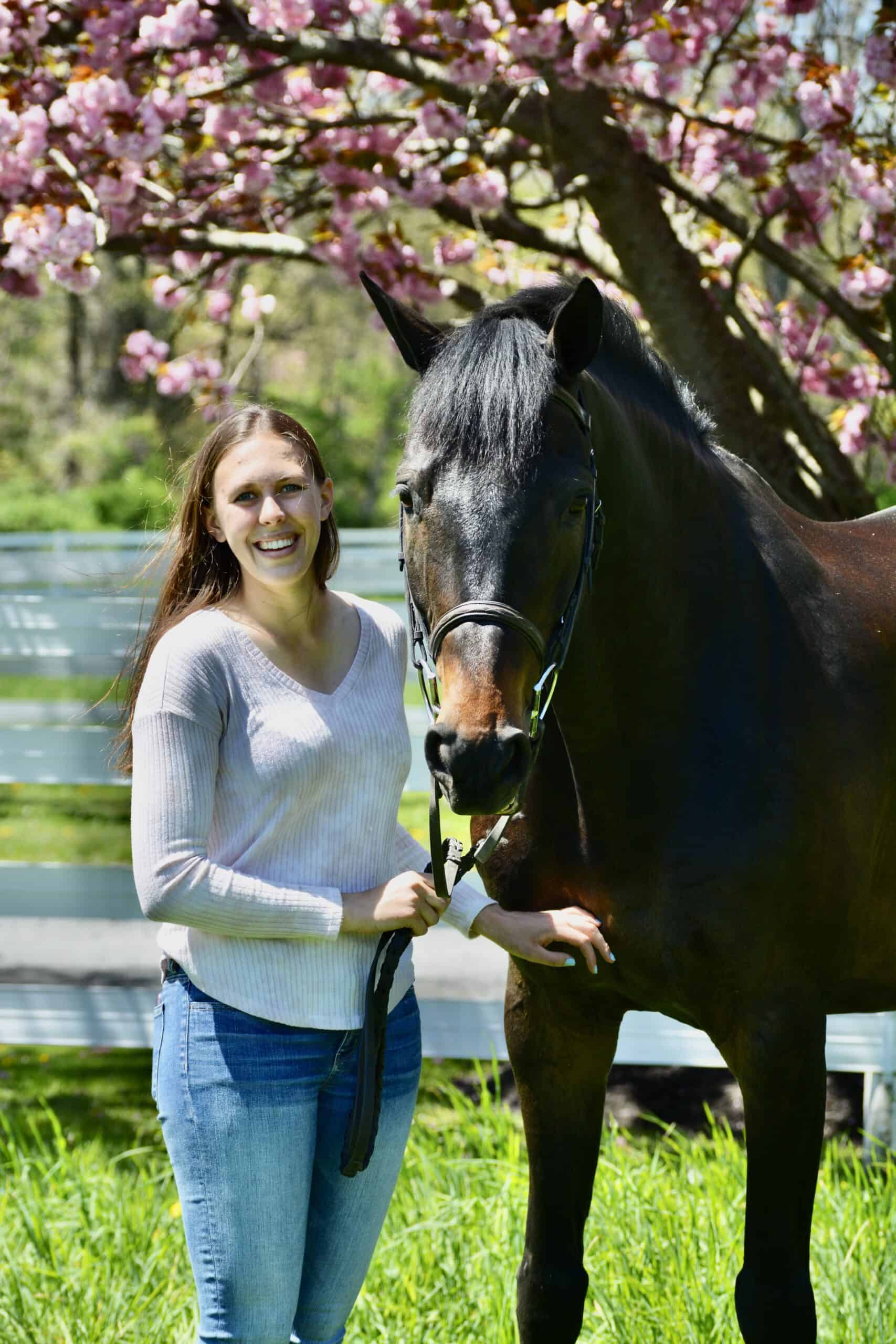Creating a Nutrition Plan for the Competition Horse

Developing a well-rounded and balanced nutrition plan for your competition horse can be challenging. He needs a feed program that meets all his basic nutritional needs while giving him enough energy to keep up with training and showing. Listen in to learn how to determine your horse’s nutritional needs and how to meet them in a safe way.
[/et_pb_text]
About the Experts:
Shannon Pratt-Phillips
 Shannon Pratt-Phillips, PhD, received her Master of Science from the University of Kentucky and her Doctor of Philosophy from the University of Guelph, focusing on equine nutrition and exercise physiology. Pratt-Phillips joined the faculty at North Carolina State University in 2006, where she currently teaches equine nutrition in the Department of Animal Science. She is the director of the Distance Education Animal Science Programs, which includes the Master of Animal Science program, and her field of research focuses on glucose metabolism, insulin resistance, obesity, and laminitis prevention and management in horses.
Shannon Pratt-Phillips, PhD, received her Master of Science from the University of Kentucky and her Doctor of Philosophy from the University of Guelph, focusing on equine nutrition and exercise physiology. Pratt-Phillips joined the faculty at North Carolina State University in 2006, where she currently teaches equine nutrition in the Department of Animal Science. She is the director of the Distance Education Animal Science Programs, which includes the Master of Animal Science program, and her field of research focuses on glucose metabolism, insulin resistance, obesity, and laminitis prevention and management in horses.
Anna Pesta Dunaway

Dr. Anna Pesta Dunaway, PhD, is a Nutritionist on the Equine Technical Solutions Team at Purina Animal Nutrition. She is responsible for helping to bring innovative solutions from the research team out to the field. She spends most of her time providing technical consultations and support to the sales team on the East Coast, as well as speaking on equine nutrition at horse owner meetings and professional conferences. Anna earned her BS in Animal Science from Kansas State University and received both her MS and PhD in Animal Nutrition from the University of Nebraska. Her graduate research focused on the use of high fat diets and manipulating the microbial community in the gut. Anna resides in Aiken, SC and is a lifelong equestrian with a special interest in the nutrition and development of the future sport horse.

Written by:
Haylie Kerstetter
Related Articles
Stay on top of the most recent Horse Health news with















